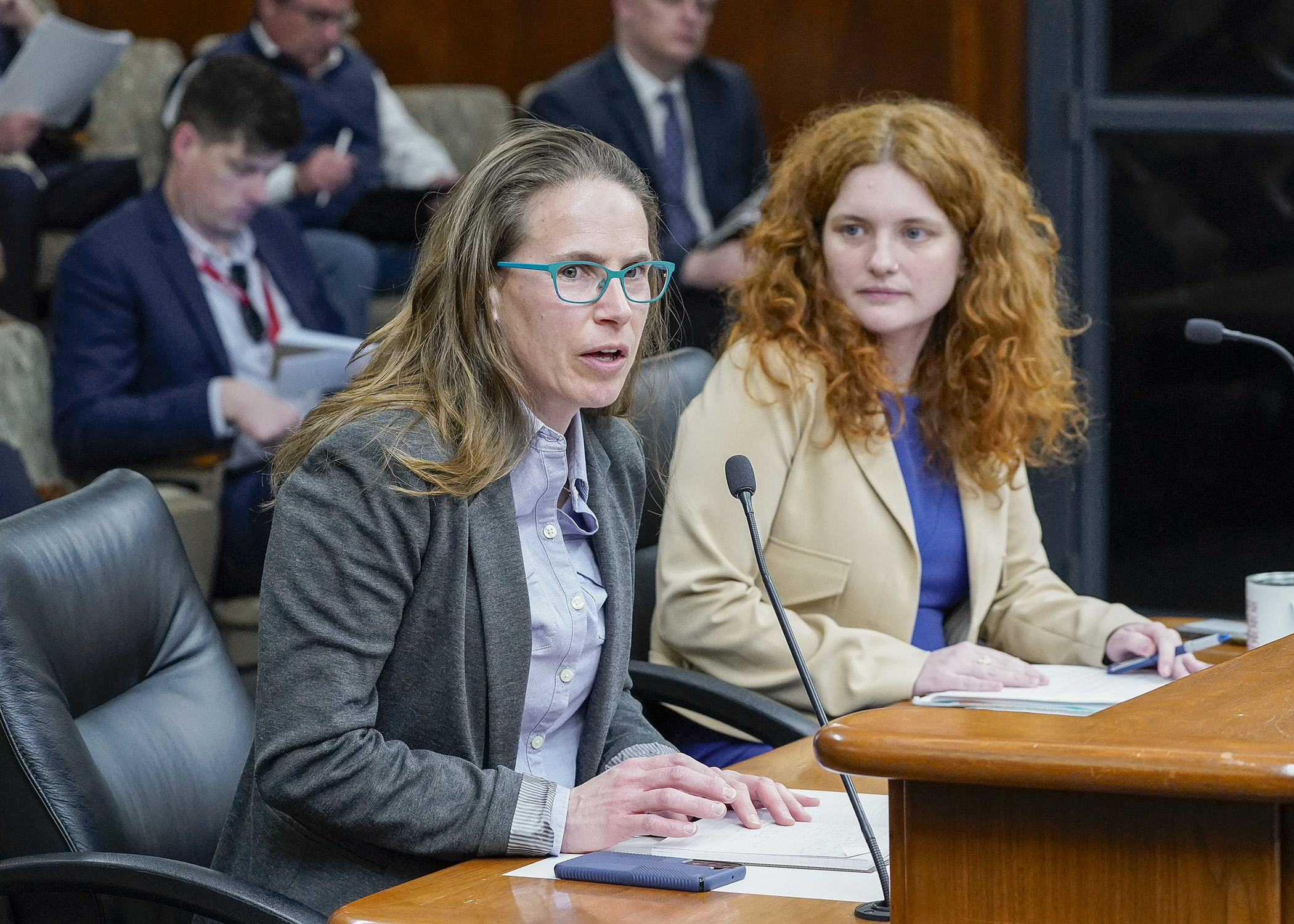Would bottle deposit solve Minnesota’s waste problem? Or just nickel-and-dime consumers?

Recycling rates have plateaued and literally tons of valuable materials are going directly into landfills.
One route to encourage recycling is a so-called “bottle bill,” which would require a nominal deposit for each bottle or can purchased. Consumers get their money back when the container is returned.
People would buy the beverage, but borrow the bottle, said Rep. Sydney Jordan (DFL-Mpls).
She sponsors HF3200, which would establish a bottle deposit and return system in Minnesota beginning in two years.
The bill, as amended, was laid over Wednesday by the House Environment and Natural Resources Finance and Policy Committee.
[MORE: View many letters of support, concerns]
Ten states have a bottle bill, starting with Oregon in 1971 and most recently in Hawaii in 2002. Many were enacted before curbside recycling was available. Almost all the states with a bottle bill have gone on to expand the variety of containers covered by the deposit.
Bill supporters say deposits are a proven method of greatly increasing recycling.
In Minnesota, about half of all recyclable beverage containers are going into landfills and incinerators, causing air and water pollution, Jordan said. “This bill will do something to stop this.”
Research indicates deposits are effective — beverage container recycling is two or three times greater in states with a deposit than in the states without. Some European countries have a 90% return rate on bottles.
Under the proposed legislation, deposits would begin July 1, 2026, at 5 cents for containers of 24 fluid ounces or less and 10 cents for containers holding more. Those amounts would increase starting in 2030 to 10 cents for smaller containers and 15 cents for larger.
Liquids not subject to the program would include milk, infant formula, meal replacement drinks and medications.
Retailers would not be required to redeem bottles, but there would be incentives to do so. Bottles could be returned in standardized bags at kiosks or mobile return vehicles.
The Pollution Control Agency would be responsible for setting convenience standards. The redemption program itself would be operated by a stewardship organization, funded by beverage distributors and importers.
Proponents say bottle bills are the best, and possibly only way, to reach the state’s recycling goals as well as the best way to build a system to reuse containers.
However, opponents counter that Minnesota is seventh in the nation in recycling, ahead of some states with deposit systems. They say that a bottle bill would divert energy and resources from existing recycling programs.
“My fear is this will disrupt a very good system,” said Rep. Steven Jacob (R-Altura).
Additionally, opponents say a bottle bill would put undue burdens on consumers, who could see beverage costs increase, could need to sort and store dirty bottles and may have to travel miles to redeem their bottles.
Redeeming bottles would be especially burdensome for bars and restaurants, said representatives of the hospitality industry.
Related Articles
Search Session Daily
Advanced Search OptionsPriority Dailies
Speaker Emerita Melissa Hortman, husband killed in attack
By HPIS Staff House Speaker Emerita Melissa Hortman (DFL-Brooklyn Park) and her husband, Mark, were fatally shot in their home early Saturday morning.
Gov. Tim Walz announced the news dur...
House Speaker Emerita Melissa Hortman (DFL-Brooklyn Park) and her husband, Mark, were fatally shot in their home early Saturday morning.
Gov. Tim Walz announced the news dur...
Lawmakers deliver budget bills to governor's desk in one-day special session
By Mike Cook About that talk of needing all 21 hours left in a legislative day to complete a special session?
House members were more than up to the challenge Monday. Beginning at 10 a.m...
About that talk of needing all 21 hours left in a legislative day to complete a special session?
House members were more than up to the challenge Monday. Beginning at 10 a.m...